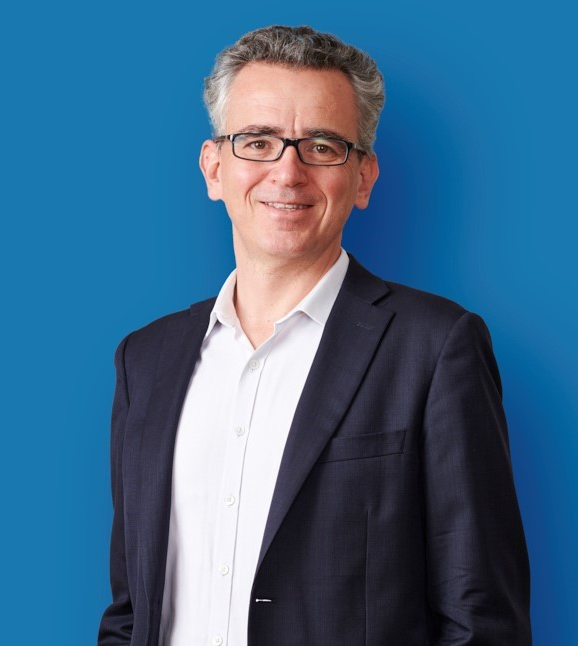What is I Care’s business positioning?
I Care specializes in the environmental transition. We offer our clients—companies, investors, public authorities—dual expertise: strategic advice and environmental issues. This double set of skills allows us to advise them not only on the implementation of their transition from a business point of view, but also on measuring the environmental impact of their activities. Another specific feature: our area of expertise extends to all environmental, climate, and biodiversity issues, and the circular economy.
What are the convictions that guide your advisory activity?
First of all, it’s not just about getting there, but how you get there. For many companies, for example in the oil and automotive sector, their impact is a legacy of the company. From this point of view, we focus on the way they can go to improve this impact. Our second conviction, corollary to the first, is that all sectors and all companies are affected by the transition and environmental innovation. Finally, we are guided by optimism: people are able to offer solutions to the main environmental challenges by putting the necessary energy and will.
What is your role with regards to the Tomorrow fund?
We operate at several levels. We have defined a methodology to measure the environmental value of the companies that the fund will support with this conviction that impact and financial performance are correlated. Then, from the due diligence phase, we help the executives and Tomorrow define and quantify opportunities that align impact and value creation. After the transaction, we can help our invested companies in the implementation of their environmental transition and, in particular, the tools to measure it. Finally, we consolidate and validate the results obtained to include them in the annual report to investors.
How will the methodology developed by I Care in consultation with Initiative & Finance enable the Tomorrow fund to support companies’ environmental transition projects?
With Tomorrow, we have defined a very comprehensive approach to measuring all environmental impacts. It is built around five key indicators. Two of them measure the overall impact of the company on the environment: one relies on the European taxonomy, the other on the NEC (Net Environmental Contribution) methodology that we have developed specifically for and with investors. Two other indicators measure the climate impact and alignment with the Paris Agreement’s 2-degree goal. Finally, the latest measure of the impact on biodiversity, which is very innovative in the investment universe. In addition, tailored performance indicators will be implemented to properly monitor each company’s project.
On all these indicators, we have adopted a “life cycle” approach, which takes into account not only the company’s scope but also its purchases and the intended purpose of its products. This approach therefore allows us to quantify the environmental impact of the upstream activities downstream, set specific targets, and measure the progress made on a regular basis. This means supporting a concrete and committed environmental transition, one that does not elicit any greenwashing suspicions.
What are the expectations of the executives and investors in terms of environmental data?
For executives, it is important to have relevant indicators to manage the company’s environmental transformation. This data must go beyond the figures: they must be meaningful and able to be translated into objectives and action plans. We focus on strictly necessary data, and we can also facilitate and automate its collection. Environmental reporting is above all a management tool; it must not be a burden. It enables the company to improve its environmental footprint and thus ultimately create value.
The other point expected by the management, as well as investors, is that this data is sensitive to the efforts implemented; that it presents not only a snapshot at a given time, but also a trajectory. The aim is not to distribute good or bad points, but to make rapid progress in the right direction.

 Back to the thematic folder
Back to the thematic folder


